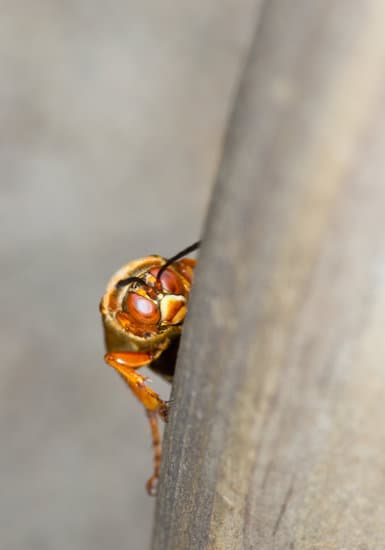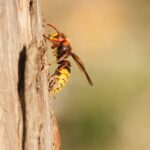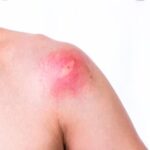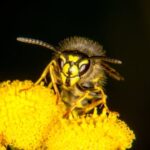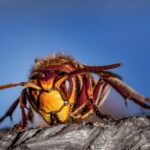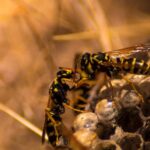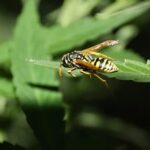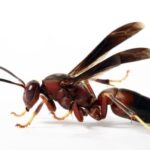Can Wasps Transmit Lyme Disease?
Having a severe allergic reaction to a bee, wasp, or hornet sting is a serious problem. The stings are hot, itchy, and painful. Using an epinephrine auto-injector is easy and can help.
Lyme disease is a bacterial infection spread by deer ticks. It is transmitted by the Borrelia bugdorferi bacterium, which enters the bloodstream. Lyme disease can cause fever, headache, arthritis, and heart damage. The CDC estimates that 476,000 people in the United States are diagnosed with the disease each year.
The University of Massachusetts is researching a parasitic wasp that attacks deer ticks, preventing them from transmitting Lyme disease. It is believed that the parasitic wasp can reduce the number of Lyme-carrying deer ticks by killing the nymphs. This project has received a $15,000 grant from the United States Department of Agriculture. The wasp release project has been successful so far.
According to researchers at the University of Massachusetts in Amherst, the presence of the wasps can help reduce the incidence of Lyme disease. They believe the presence of the wasps may have decreased the number of human infections by as much as a third.
Researchers also believe that the parasitic wasp may help prevent Lyme disease spirochete infection. Scientists have found that some of the ticks that are infected by the parasitic wasp are not infected with Lyme disease. However, the researchers have not found any other diseases transmitted by wasp-infected ticks.
Another possible complication is the possibility of the parasitic wasp self-perpetuating on the Massachusetts coast. Researchers are hoping to reintroduce a chalcid wasp to Naushon islands to help reduce the number of Lyme-carrying ticks.
